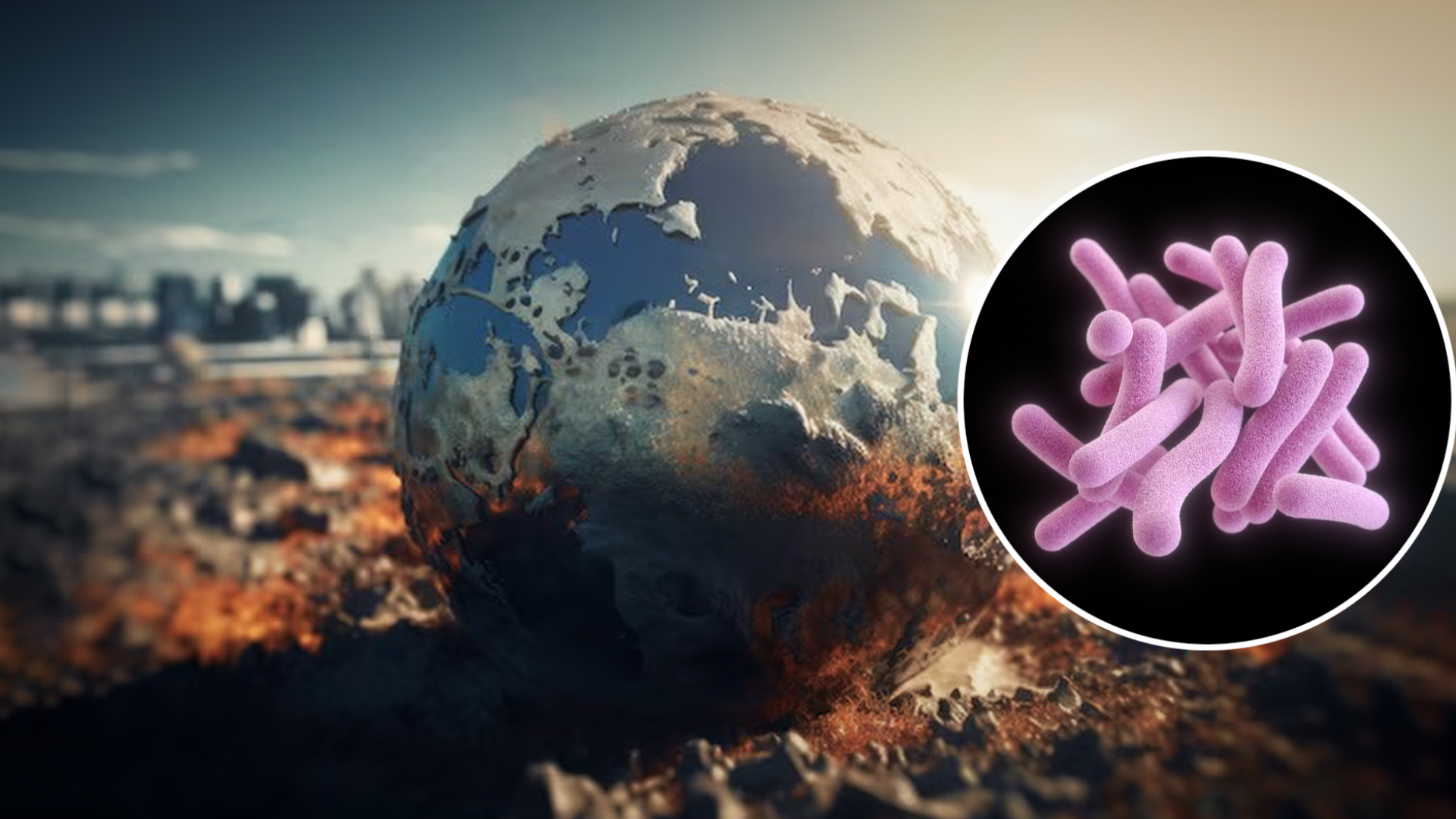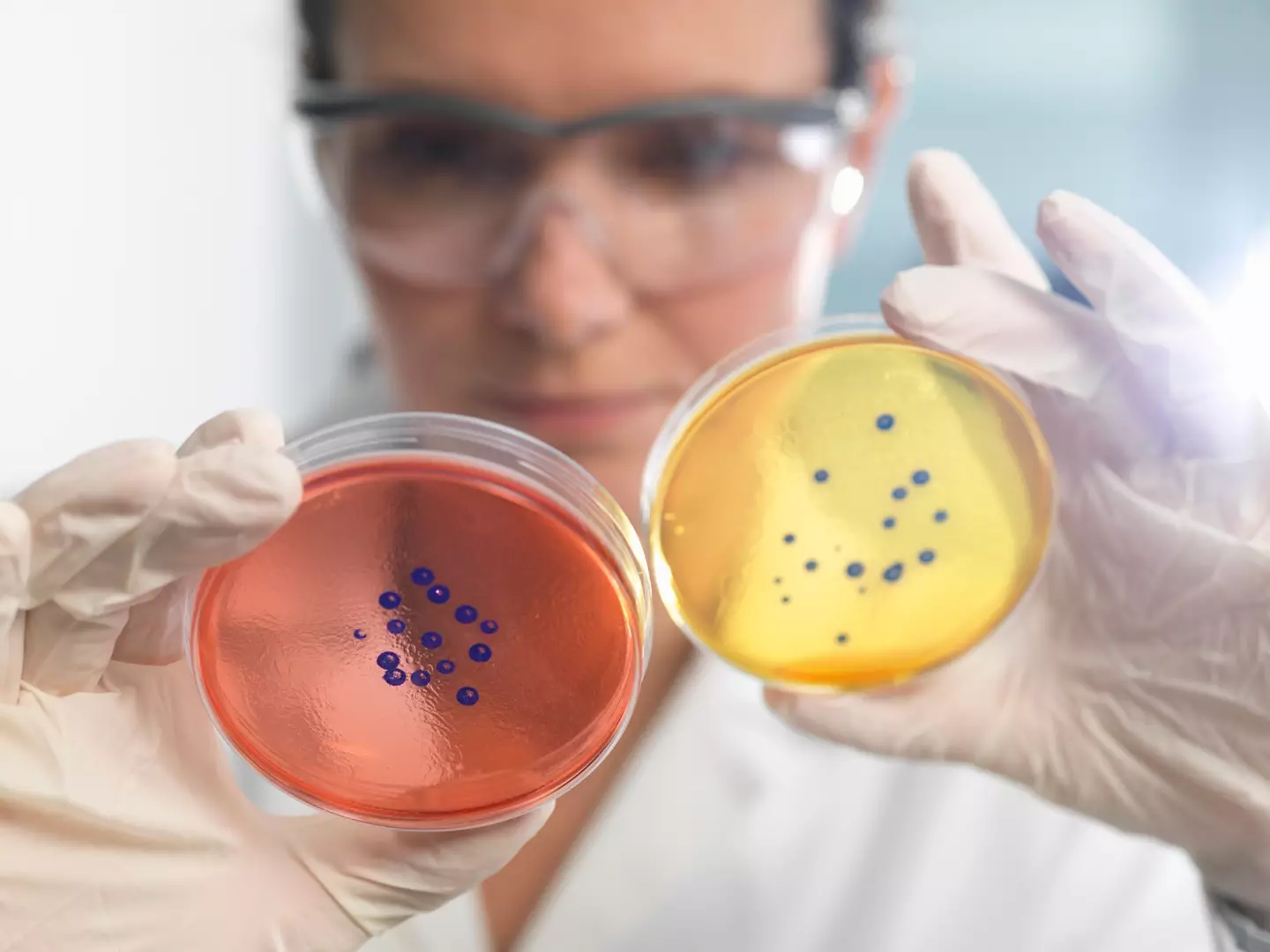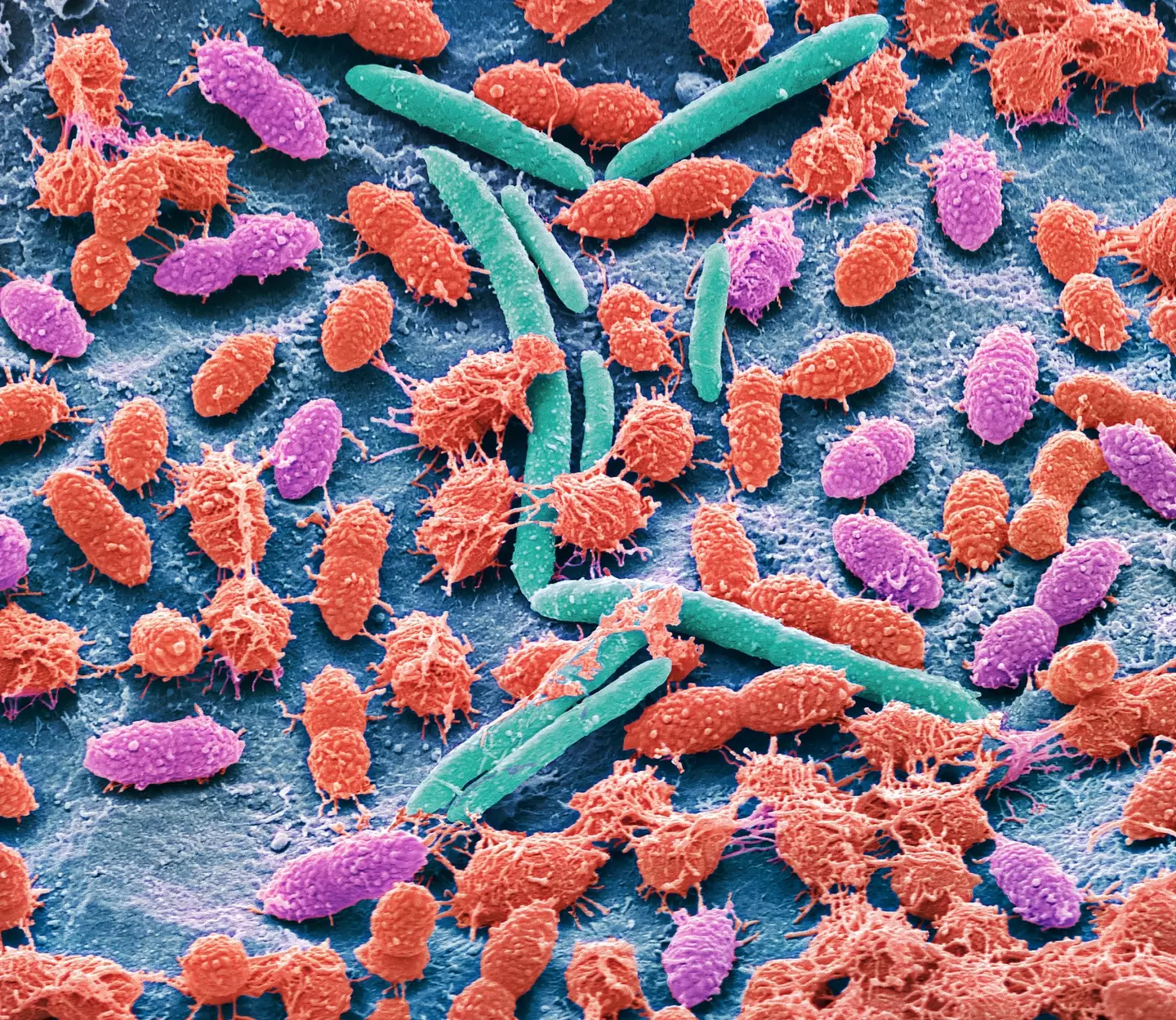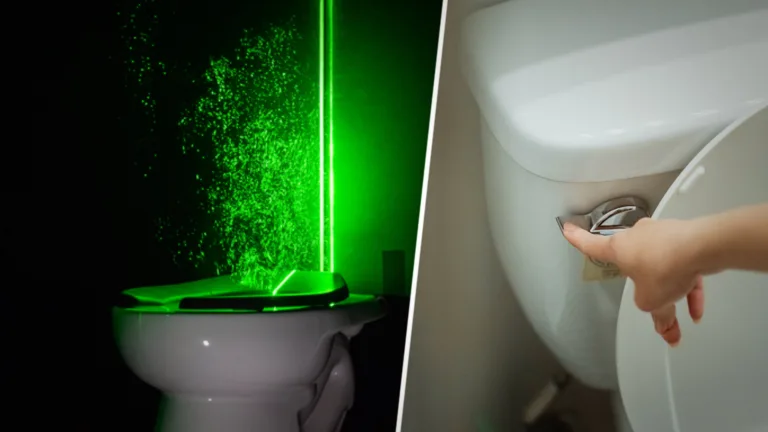Scientists Issue Dire Warning About ‘Mirror Life’ Bacteria That Could Wipe Out All Life on Earth

A potential threat that sounds like it’s straight out of a sci-fi thriller is becoming a real concern for scientists. Researchers are sounding the alarm over a mysterious form of bacteria known as ‘mirror life,’ which could have catastrophic consequences for humanity and all life on Earth. 🚨🌍
The Grim Reality of ‘Mirror Life’
According to a collective of leading scientists from prestigious institutions such as Stanford, Yale, MIT, and the University of Cambridge, this microscopic menace could disrupt ecosystems on a global scale. Their findings have been published in the renowned journal Science read more here.

🔗 “Mirror life sounds like the next big sci-fi horror flick plot. This is terrifying!”
— @ScienceFanatic on Twitter link
Why Is ‘Mirror Life’ So Dangerous?
The scientists fear that ‘mirror life’ bacteria could bypass immune defenses in humans, animals, and plants, leading to fatal infections. The scenario outlined by the researchers is chilling—a world where these bacteria spread uncontrollably, much like an invasive species without natural predators, proliferating rapidly and wreaking havoc on the ecosystem.
In their report, they state:
“Much like an invasive species with few natural predators, we are concerned that mirror bacteria could rapidly proliferate, evolving and diversifying as they spread. Persistent and potentially global presence of mirror bacteria in the environment could repeatedly expose human, animal, and plant populations to the risk of lethal infection.”
🔗 “This is why we can’t have nice things. Let’s not mess with nature more than we already have.”
— @EcoWarriorLife on Instagram link
An Urgent Call for Caution
To mitigate the risk, the experts strongly recommend halting any research aimed at creating these mirror bacteria. They advise that such endeavors be restricted and that funding bodies explicitly refuse to support the creation of synthetic lifeforms that could result in mirror bacteria.
“We therefore recommend that research with the goal of creating mirror bacteria not be permitted, and that funders make clear that they will not support such work,” the report emphasizes.
They also call for further research to better understand and prepare for the risks, with a strict caveat: “None of these research directions would require mirror bacteria to be built.”
🔗 “Why are we playing with fire? This sounds like a disaster waiting to happen.”
— @BioEthicsWatch on Facebook link
Not the First Bacterial Scare
This isn’t the first time bacteria from unexpected places have raised alarms. Scientists in Spain and Japan have previously discovered harmful bacteria, such as E. coli, in the troposphere—the Earth’s lowest atmospheric layer, which is in direct contact with the Earth’s surface. This discovery serves as a reminder of the unpredictable nature of microbial life and the potential threats it poses.

🔗 “Remember when they found bacteria in the atmosphere? Nature keeps surprising us, and not always in a good way.”
— @SkyGazer on Twitter link
A Grim Future?
The thought of ‘mirror life’ bacteria becoming widespread is a terrifying one. If these bacteria escape containment or are intentionally or accidentally released, the consequences could be dire for all living organisms. The scientific community’s urgent call to halt this line of research highlights the gravity of the situation.
🔗 “We need to prioritize safety over curiosity. Some lines shouldn’t be crossed.”
— @SafetyFirst on LinkedIn link
The Ethical Dilemma
The debate over the ethics of creating synthetic lifeforms isn’t new, but the potential dangers of ‘mirror life’ bacteria elevate the conversation to new heights. Scientists and ethicists alike argue that while scientific advancement is important, it must be balanced with ethical considerations and potential risks. Creating life forms that could potentially lead to the extinction of existing life raises serious questions about the limits of human experimentation and the responsibilities of scientists.
🔗 “Ethics must guide scientific discovery. The consequences of not doing so could be irreversible.”
— @EthicsInScience on Twitter link
Precautionary Measures
To prevent any catastrophic scenarios, researchers suggest a multi-faceted approach. This includes not only halting the creation of ‘mirror life’ bacteria but also enhancing monitoring systems to detect any inadvertent occurrences of such organisms. Developing robust biosurveillance methods will be key in ensuring early detection and containment of any potential threats. Additionally, global collaboration is essential, as the spread of such bacteria would not be confined to any one region. Governments, international organizations, and scientific bodies must work together to establish protocols and response strategies that can be swiftly enacted in the event of an outbreak. Public health infrastructure must be strengthened to handle potential crises, and continuous training for healthcare professionals on identifying and managing such infections should be prioritized.
Moreover, the implementation of strict regulations and oversight in scientific research is necessary to ensure that experiments involving high-risk synthetic life forms are conducted responsibly. Funding bodies and research institutions should enforce rigorous ethical standards and require comprehensive risk assessments before approving projects that could lead to the creation of potentially hazardous organisms.
🔗 “Prevention is better than cure. Let’s invest in biosurveillance and be prepared.”
— @HealthMonitor on Instagram link
Public Awareness and Engagement
Raising public awareness about the potential risks associated with ‘mirror life’ bacteria is crucial. Engaging with communities and educating people on the importance of ethical scientific practices can help garner public support for stringent regulations. Open dialogues between scientists, policymakers, and the public can pave the way for more informed decision-making.
🔗 “Knowledge is power. The more we know, the better we can protect ourselves and our planet.”
— @PublicHealthNow on Facebook link
Conclusion
As scientists continue to explore the boundaries of synthetic biology, it’s vital that caution and ethical considerations remain at the forefront of their work. The potential dangers posed by ‘mirror life’ bacteria serve as a stark reminder of the fine line between innovation and disaster. Ensuring that humanity does not unleash something it cannot control is a responsibility that the scientific community must take seriously. The collaboration of scientists, policymakers, and the public is essential in navigating the complex ethical landscape of synthetic biology. Through proactive measures, stringent regulations, and open dialogue, society can safeguard against the risks while still reaping the benefits of scientific progress.
By fostering a culture of caution and responsibility, the global community can ensure that advancements in synthetic biology contribute to the betterment of humanity without compromising safety. The lessons learned from this potential threat should guide future research endeavors, emphasizing the importance of balancing innovation with the preservation of life on Earth.
Featured Image Credit: Rafe Swan/Steve Gschmeissner/Science Photo Library/Getty Images
Social Reactions
- @FutureTechGuru: “This is why ethics in science is so crucial. Just because we can doesn’t mean we should.” link
- @NatureLover: “Reading this made me anxious. Let’s not mess with things we don’t fully understand.” link
- @GlobalHealthWatch: “A chilling reminder that we need strict regulations on synthetic biology.” link
- @EduScienceDaily: “A great topic for classroom discussions on bioethics and the future of synthetic biology.” link
Join the conversation: What are your thoughts on the potential risks of ‘mirror life’ bacteria? Share your opinions with us on social media.






